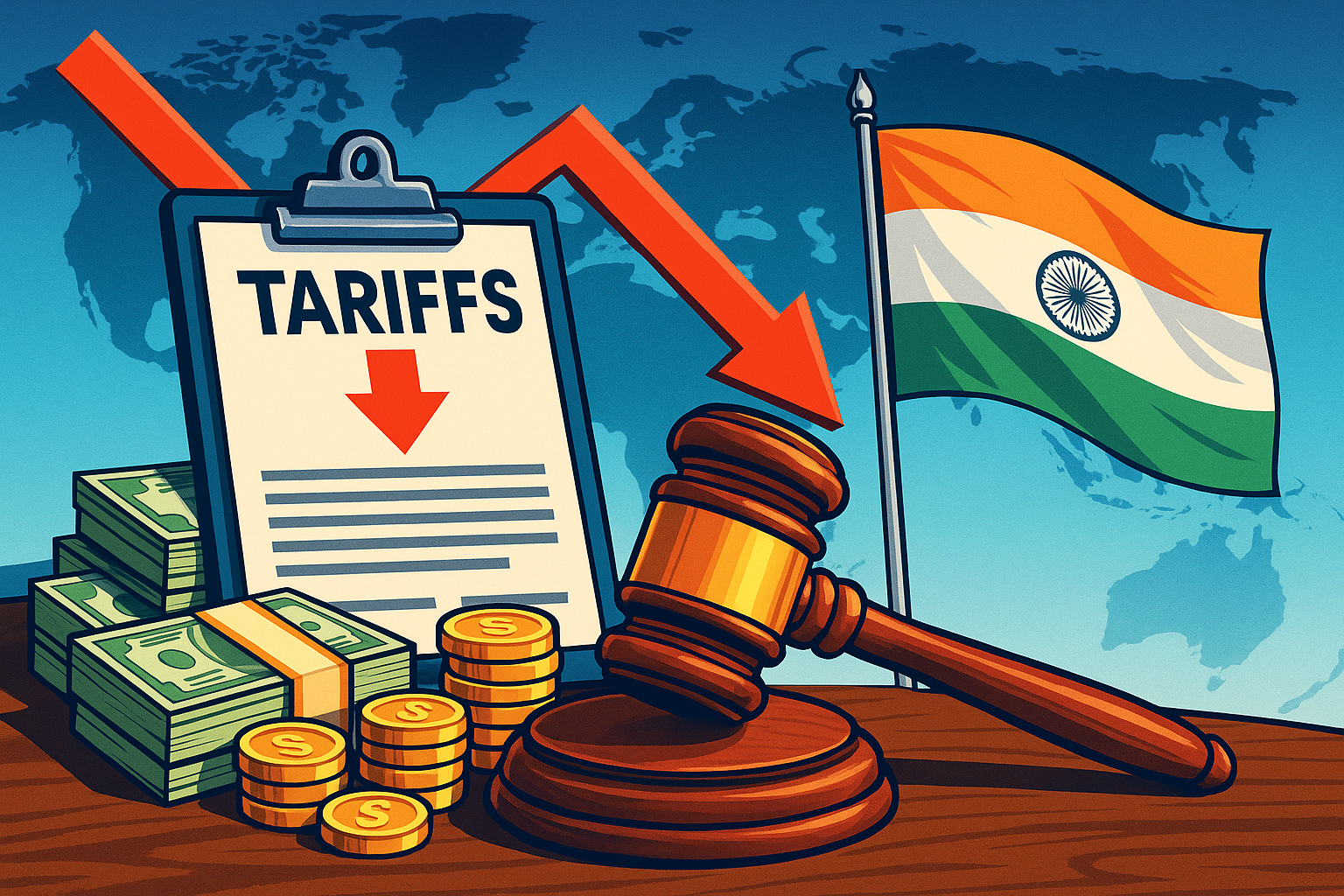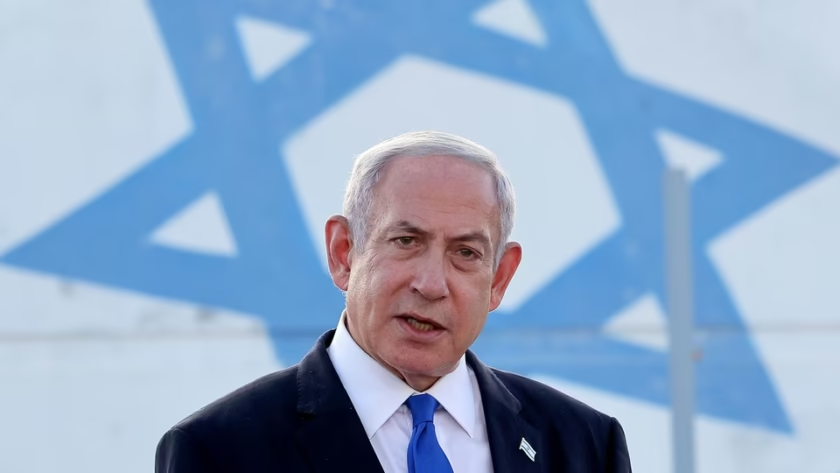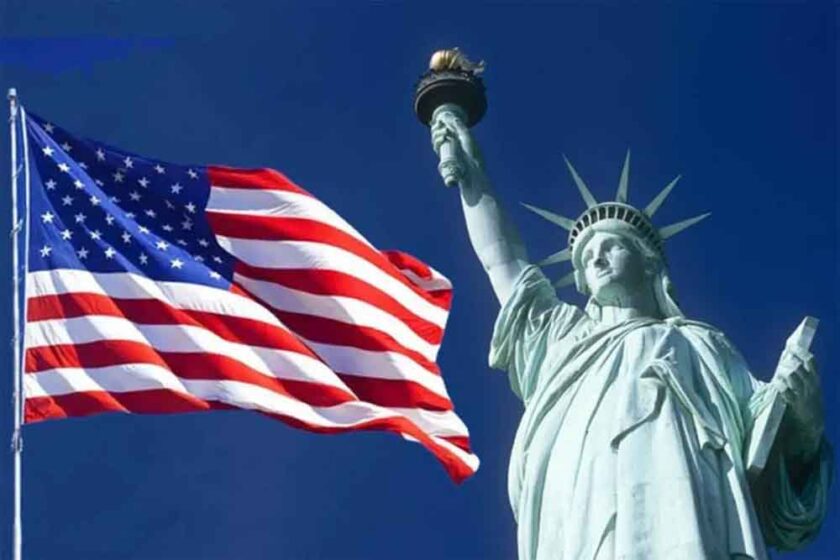Washington: The recent developments in the United States regarding former President Donald Trump’s tariff order on Indian imports have sparked a wave of cautious optimism among Indian exporters. Experts believe that the legal foundation of Trump’s tariff regime is weak and that India could benefit diplomatically and economically from the fallout.
On April 2, the U.S. announced an additional 26% tariff on selected products imported from India. Following widespread protests from trade bodies and diplomatic negotiations, the implementation was deferred until July 9. However, the base 10% tariff remained unchanged, leaving room for strategic maneuvering.
Trade experts in India view this as an opportunity. Ajay Srivastava, founder of the Global Trade Research Initiative, remarked, “The legal base of Trump’s tariff under the International Emergency Economic Powers Act (IEEPA) is shaky. U.S. courts have already invalidated portions of the order, which strengthens India’s case for seeking relief or exclusion from reciprocal tariffs.”
Government Closely Monitoring Developments
The Indian government has taken the matter seriously and is currently analyzing the implications of the U.S. court’s ruling, which deemed Trump’s import duty directives unlawful. Officials have suggested that this ruling might create favorable conditions for Indian negotiators in the ongoing talks for an interim trade agreement with the United States.
A senior official from the Ministry of Commerce commented, “India is reviewing the court decision and its implications on bilateral trade. The ruling may not result in immediate policy shifts but could shape long-term strategies.”
Minimal Domestic Impact So Far
Industry observers and economists agree that the tariffs have had little real impact on Indian markets. India’s diversified trade strategy and its emerging status as the world’s fourth-largest economy have helped cushion any potential disruptions. Exporters have continued receiving positive cues, especially in sectors like pharmaceuticals, engineering goods, and IT services.

There is now renewed momentum toward a possible Free Trade Agreement (FTA) between the two countries. A trade analyst from New Delhi noted, “India is showing resilience. This legal blow to Trump’s tariffs opens up space for deeper trade liberalization talks.”
International Standing Strengthened
India’s measured response has earned praise internationally. Moreover, interest is growing in how this situation may reshape the broader dynamics of international trade, particularly with India emerging as a stabilizing force in the global economic arena.
The court’s rejection of Trump’s tariff order is seen as a landmark moment, especially because the order was justified under the IEEPA — a law that experts argue does not grant tariff-imposing powers for non-emergency economic decisions. Trump has expressed disapproval of the ruling, but it has nevertheless bolstered India’s diplomatic and economic posture.
As of now, India is expected to leverage this situation to improve market access, secure trade concessions, and position itself as a reliable and rule-based trading partner globally. The message is clear: India is ready to lead with resilience, pragmatism, and a firm grasp of international law.









